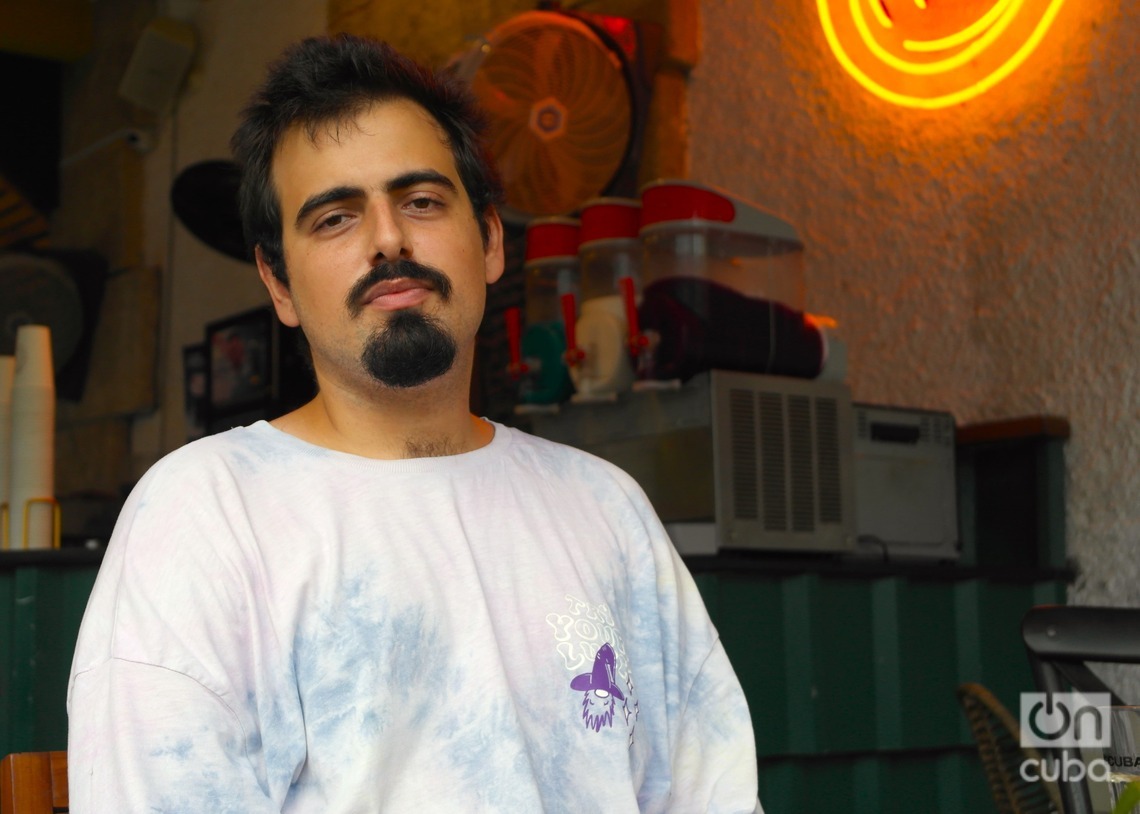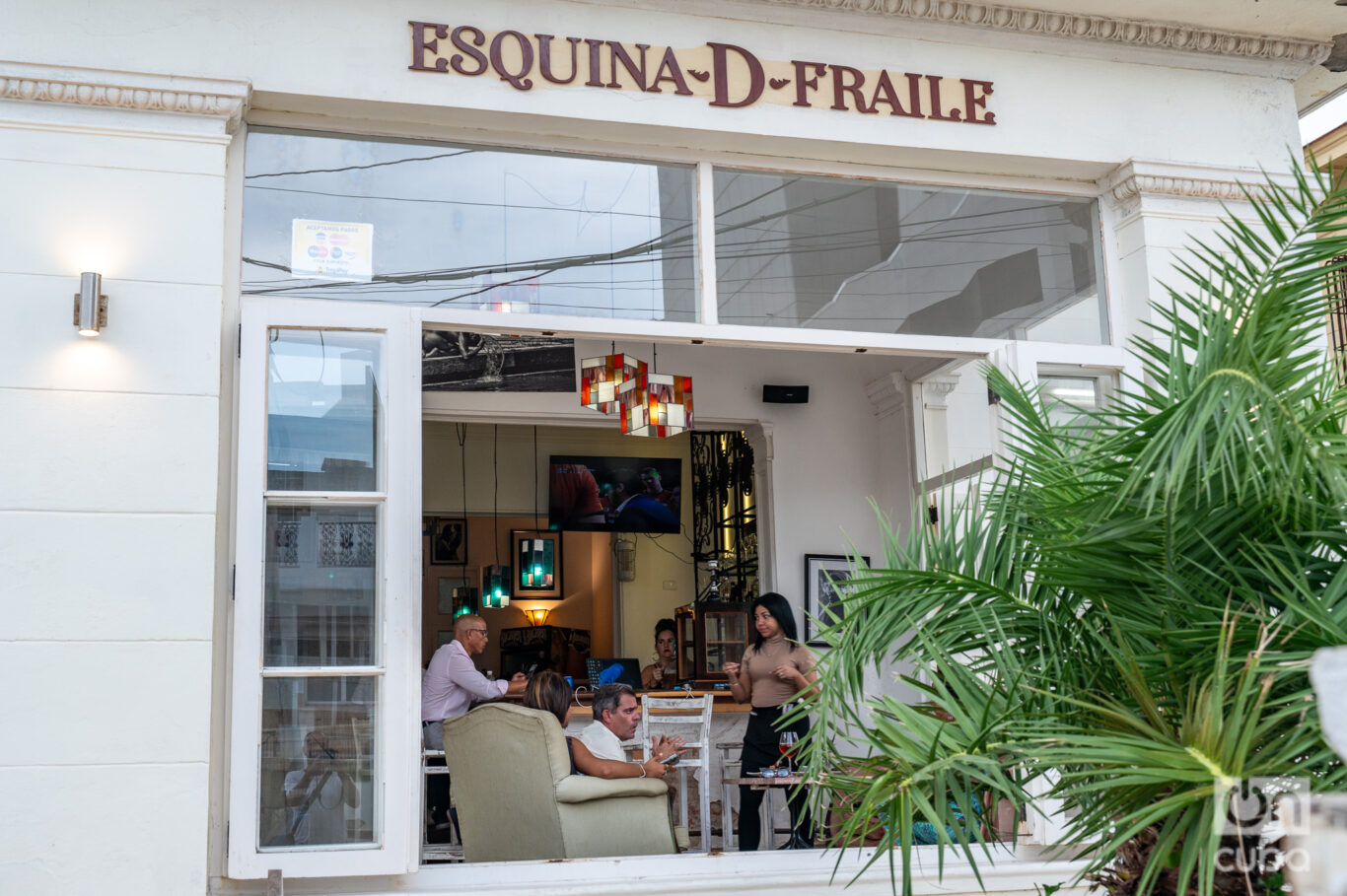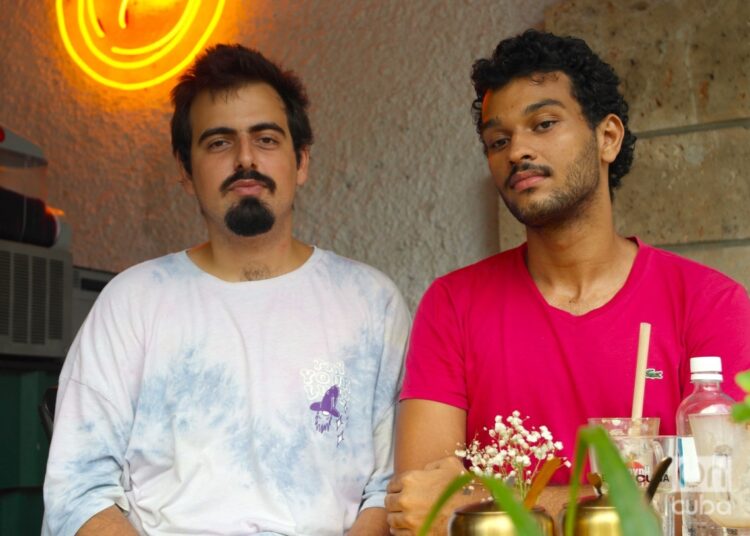During a vacation trip to Varadero in 2020, Brisbany Recio collected the menus of the establishments he visited in the beach resort to have the offers on future visits. That personal interest, which later spread to other bars, restaurants and cafes in Havana, was the seed of what is today Menú Cuba, a digital community that allows access to the gastronomic offers of hundreds of establishments.
Emerging in 2021 and hosted on the Telegram messaging app, very popular on the island at the time, Menú Cuba now functions as a collaborative directory: it is the users who send the information to be shared with the community. Even in the comments on the posts, they express opinions about the quality of the service and recommend the best offers.
At first, Recio, 26, did not think it was a business nor did he even suspect the reach it would have. “Once I made the channel public in September 2021, a lot of people started to be interested. There was a massive subscription because it was during the period when the quarantine was lifted in Havana and many places were reopening with new prices and offers. People were very interested in checking out the menus,” he said.
Since then, Menú Cuba has not stopped growing. The prices of more than 300 bars, restaurants and cafes in Havana and other provinces are displayed. Currently, it has almost 22,000 subscribers on Telegram and a little more than 14,000 on Instagram, a community created some time later. It was precisely the emergence of this social media that made Brisbany and his boyfriend and partner, Bryant Díaz, see the potential that Menú Cuba had to be, in addition to a collaborative public service, a business capable of guaranteeing its sustainability.

“Little by little we started creating promotional content for the places, based on our own experiences. Thanks to the fact that we did quite well and had reach, many establishments were interested in collaborating with us.
“We are not interested in making gastronomic reviews or foodie content, but rather showing the offers so that those interested do not see only the menu. They can also have images, some comment on the environment of the place, the hours, the characteristics,” Brisbany explaines.
“Foodies” en Cuba: recomendando restaurantes en redes a pesar del desabastecimiento
The basis of the growth of the business is precisely the public, those who take photographs of the menus on their outings and share them with the channel administrators.
However, Recio regrets that there is not more collaboration from the owners and managers of the establishments to obtain information in a simpler way and with better quality.
“I think they value digital marketing, promotions on social media; but they still do not give it the importance it deserves. They still do not understand the relevance of having someone who manages the social media of a business, for example,” he comments.
If there were a greater flow of information exchange, especially in a market that frequently changes prices and forces the channel to be updated very systematically, it could benefit both customers and Menú Cuba, which, Brisbany recognizes, consumes almost all of his time, despite not being, as it seemed at the beginning, entirely profitable.
“It is a fairly large volume of information. In fact, right now I have to update a kind of directory that I created with hyperlinks with the names of all the establishments, ordered alphabetically.”
“We would like Menú Cuba to become a team in the future, in which tasks could be shared more equitably. In this way, the workload of each one would decrease. That will depend on making it profitable,” he said.

At the moment, they publish promotions for some bars, restaurants and cafes on the channel, which generates some income from advertising.
Another plan is to migrate the entire system created in Telegram to its own application, with greater possibilities to evaluate the offers of the establishments, as well as other ideas; for example, the surveys they carry out to find out the best places and products. However, they do not have sufficient resources to carry it out, a common reality for Cuban entrepreneurs.
In any of the variants they implement to increase income and make their business sustainable, access to the content would remain free, said Brisbany.
Almost four years after its launch, Menú Cuba has managed to establish itself as a search tool, despite the fact that, on the island, as in the rest of the world, Telegram is not the most popular messaging application. “Many people open an account to look for offers on the channel,” admitted Recio, who had little idea that his interest in collecting menus for his outings would give him the opportunity to create a larger project that would be so well received.










